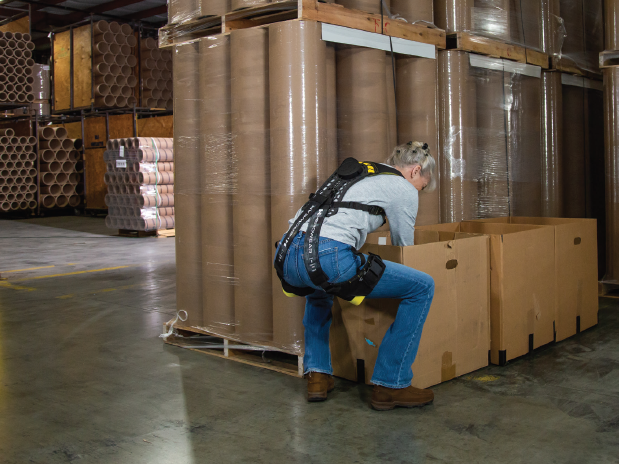The Chocolate Supply Chain Is in Danger of Depletion; So What Can Companies Do?

Climate change is melting polar ice caps and causing extreme weather events — but perhaps people will start really paying attention when it threatens their daily chocolate fix. Yes, climate change is a major threat to chocolate production and chocolate manufacturer Hershey’s has announced an expansive plan to keep its supply chains uninterrupted despite rising temperatures and more frequent droughts.
Fast Company outlined Hershey’s plan, saying the company plans to cut emissions, join the UN Global Compact and work with cocoa farmers in Ghana to create more sustainable growing methods. Fast Company spoke with Jeff King, senior director of sustainability, CSR, and social innovation at Hershey who said: “I think everyone recognizes the risk climate change poses to the planet, but for a company like Hershey, with an agricultural supply chain, there’s a risk to our business as well.”
Why Is the Chocolate Supply Chain Threatened?
Cacao, the crop used to make chocolate, only grows on a narrow strip of land near the equator where temperature, rain and humidity are relatively constant. But that land is estimated to shrink by 30 percent in the next few decades, according to research in Science of the Total Environment.
More droughts mean farmers can’t consistently water crops with rainwater. More volatile temperatures means production is forced to move to higher, cooler locations. In Ghana, where much of the cacao grows, production is being pushed uphill into more mountainous terrain preserved for wildlife.
Hershey’s plan: In response, Hershey is making a major push in Ghana, working with local officials and farmers for smoother, more sustainable production. Fast Company explains: “In Ghana, Hershey is launching a project to both help farmers and protect Kakum National Park, a forest surrounded by cocoa farms. Right now, farmers often cut down trees to plant more cocoa. One challenge is a complicated system for getting formal rights to land; it’s often easier to move into the forest than deal with the government. Hershey is working with the government and other partners to make the process smoother. The company is also helping farmers adopt techniques to grow more cocoa on the same amount of land.”
King told Fast Company that some techniques have the potential to double the yield from existing farms. Now that’s something chocolate lovers can smile about.
Wait, Vanilla, Coffee, Wine and Avocados Are Affected Too?
Try not to freak out. But it’s true, your favorite foods are all in serious jeopardy. Risk & Insurance® recently investigated how weather events and climate change are affecting global food supply chains — finding that vanilla is particularly vulnerable. After a 2017 tropical storm in Madagascar (where 80 percent of the world’s vanilla beans grow) the region’s output plummeted by two-thirds.
“The confluence of rising demand and diminished supply impacted prices drastically,” Risk & Insurance® wrote. “A kilogram of vanilla beans, valued at about $40 in 2011, currently tops $600, making it the second most expensive spice in the world after saffron.”
A Dwindling Insurance Market
Businesses will certainly want to insure catastrophe-related crop damage as well as keep supply chain coverage, but that could be difficult to insure as climate change continues its devastating wrath.
Greg Lowe, global head of resilience and sustainability at Aon, offered this grave quote: “You’re talking about permanent loss of potential yield, as in this is just not coming back — that’s something that an insurance market wouldn’t be particularly good at dealing with it.”
He continued: “If we were to see some kind of mechanism that would lead to particular crops not being viable in parts of the world, that’s an exit from the world commodity markets. You’re not going to have an insurance solution to back that up.” &








